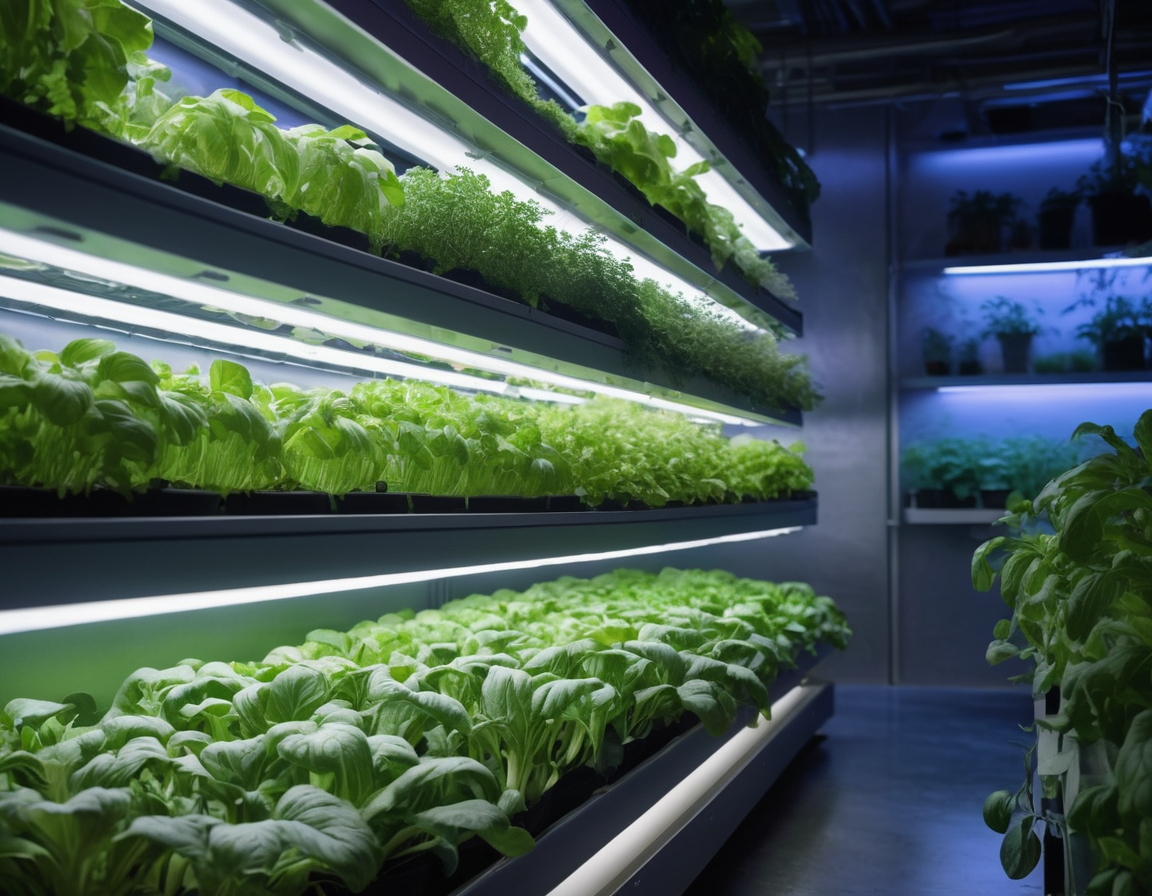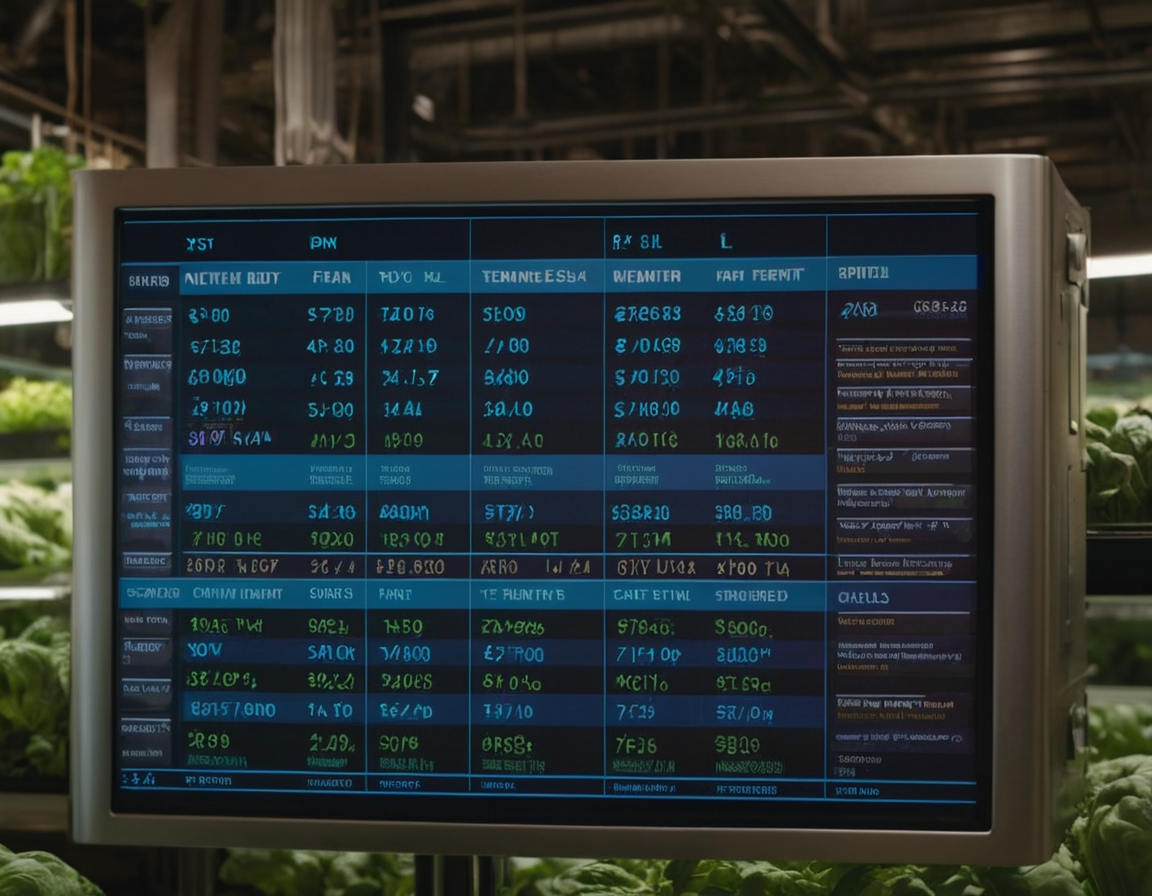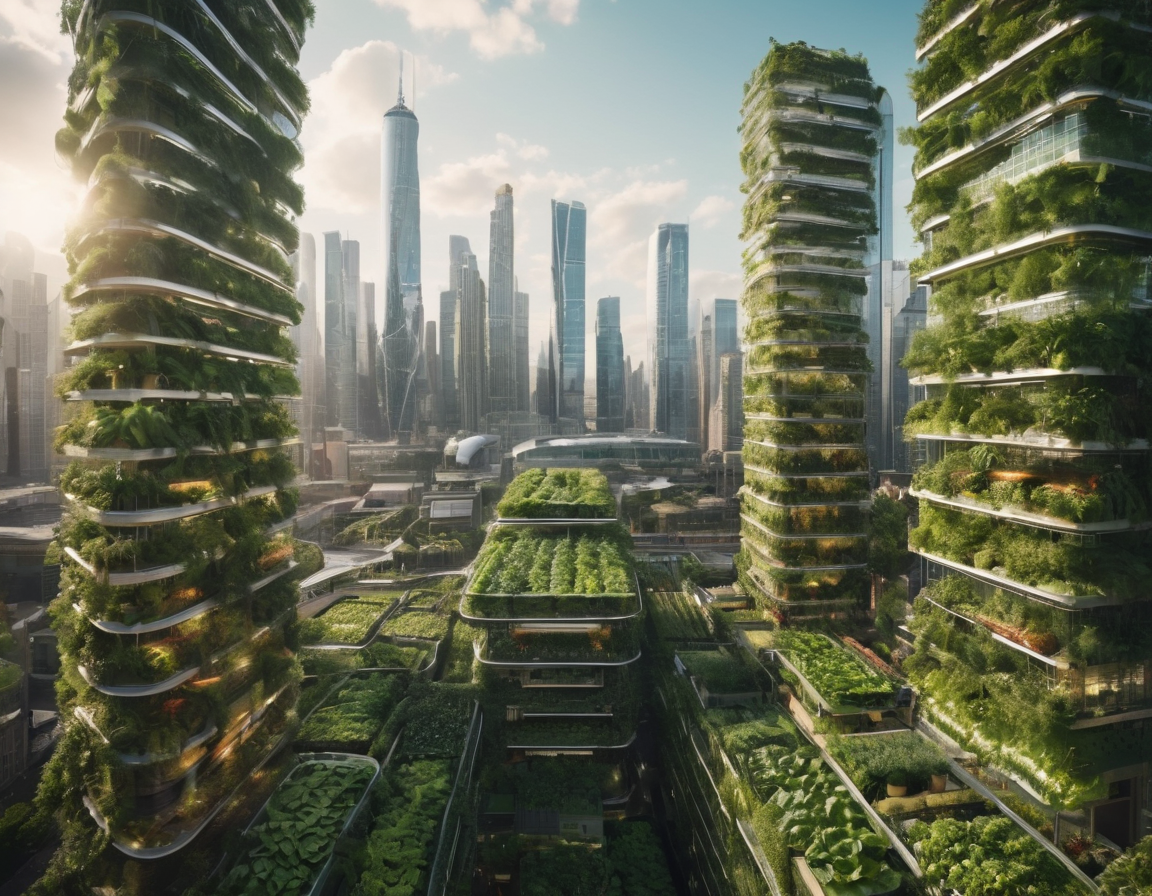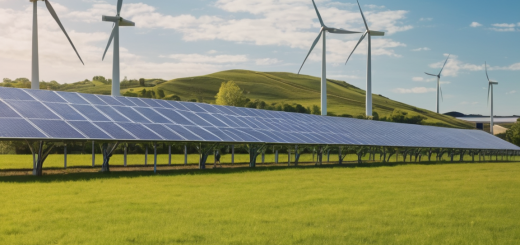Embracing Sustainability: The Rise of Vertical Farming
Discovering the Future of Agriculture with Vertical Farming
In a world grappling with the challenges of food security, urbanization, and climate change, innovative agricultural practices like vertical farming are emerging as beacons of sustainability. Today, we dive into the subject to explore how vertical farming is transforming the way we grow our food.
What is Vertical Farming?
Vertical farming is the practice of producing food in vertically stacked layers, often incorporating controlled-environment agriculture which optimizes plant growth, and soilless farming techniques such as hydroponics, aquaponics, and aeroponics. 
The Advantages of Vertical Farming
- Improves food security by enabling year-round production in any climate.
- Reduces transportation emissions due to proximity to urban areas.
- Minimizes water usage through recirculating systems.
- Lessens the need for harmful pesticides and herbicides.
The Technology Behind Vertical Farms
Central to vertical farming technology are innovative solutions such as LED lighting that imitates sunlight, climate control systems for optimal temperature and humidity, and precision agriculture techniques that tailor nutrient delivery to the plants’ needs. 
Vertical Farming Around the World
 As vertical farming takes root globally, countries like Singapore, Japan, and the United States are leading the charge. In Singapore, vertical farms are integrated into the city’s architecture to address limited land availability. Japan, renowned for its technological advancements, operates one of the largest indoor farms in the world.
As vertical farming takes root globally, countries like Singapore, Japan, and the United States are leading the charge. In Singapore, vertical farms are integrated into the city’s architecture to address limited land availability. Japan, renowned for its technological advancements, operates one of the largest indoor farms in the world.
Challenges and Considerations
Despite the benefits, vertical farming faces challenges such as high startup costs, energy consumption, and the need to develop a skilled workforce. These factors must be addressed to ensure the scalability and sustainability of vertical farms.
Conclusion: The Future of Farming
Vertical farming has the potential to revolutionize agriculture by offering sustainable and efficient food production methods. As technology advances and costs decrease, it may become an even more integral part of our food system.
Are you excited about the potential of vertical farming to change the way we eat and live? Reach out in the comments below and let us know your thoughts!






